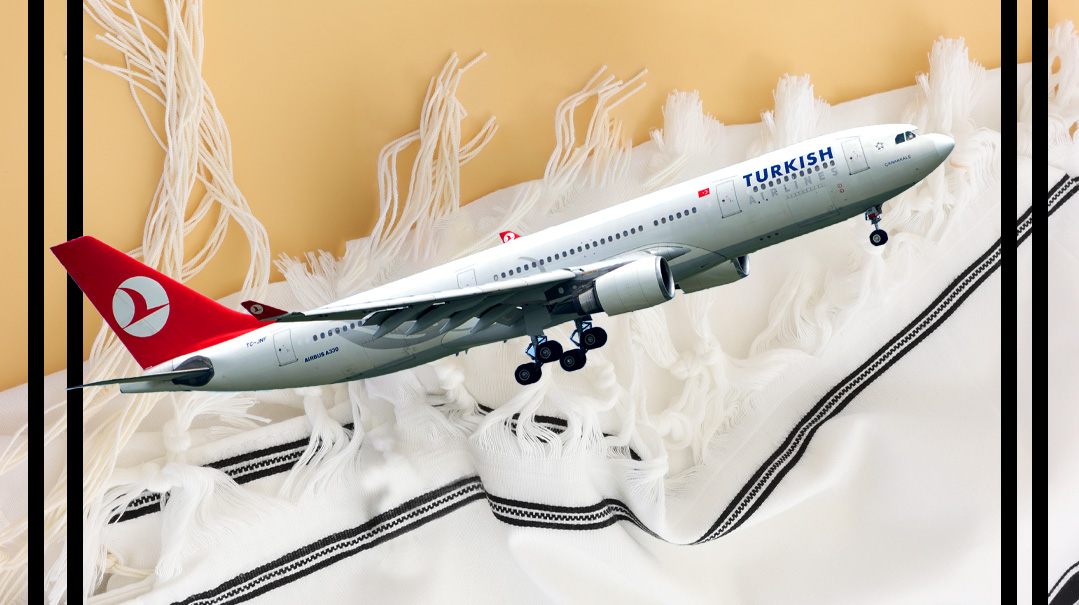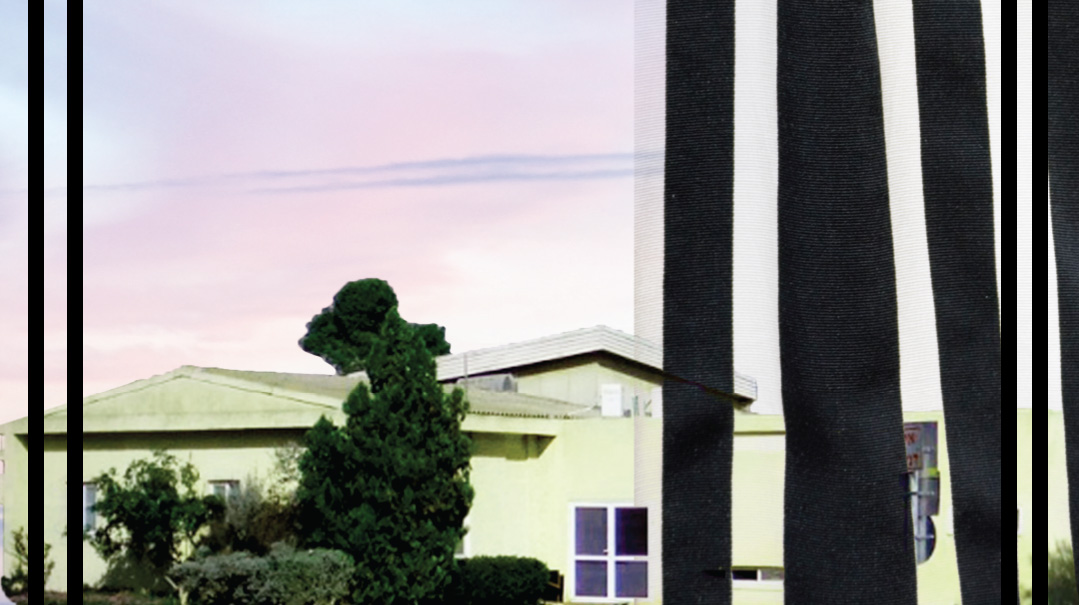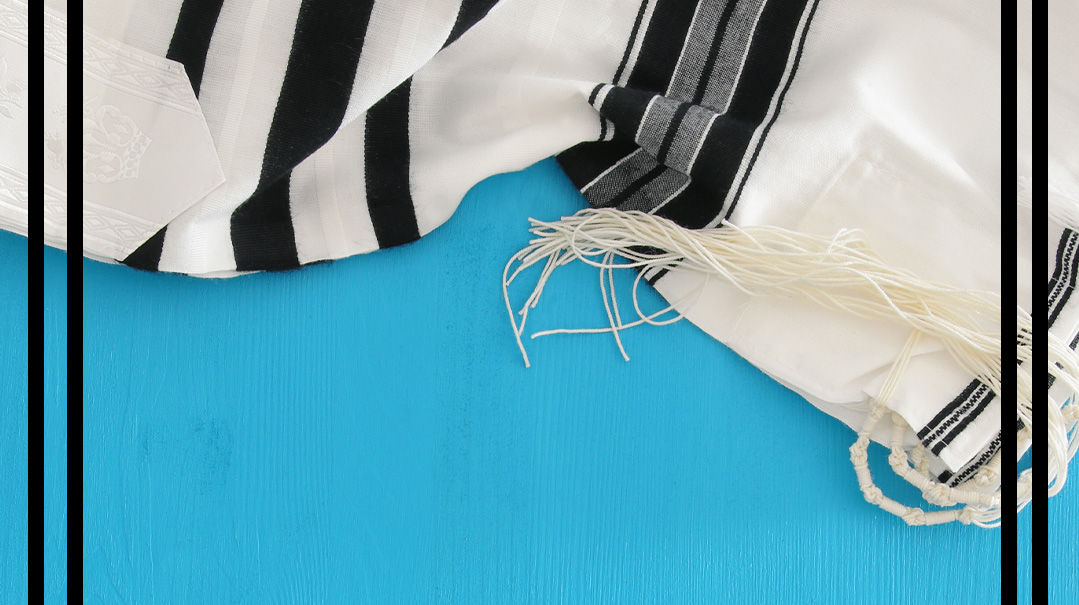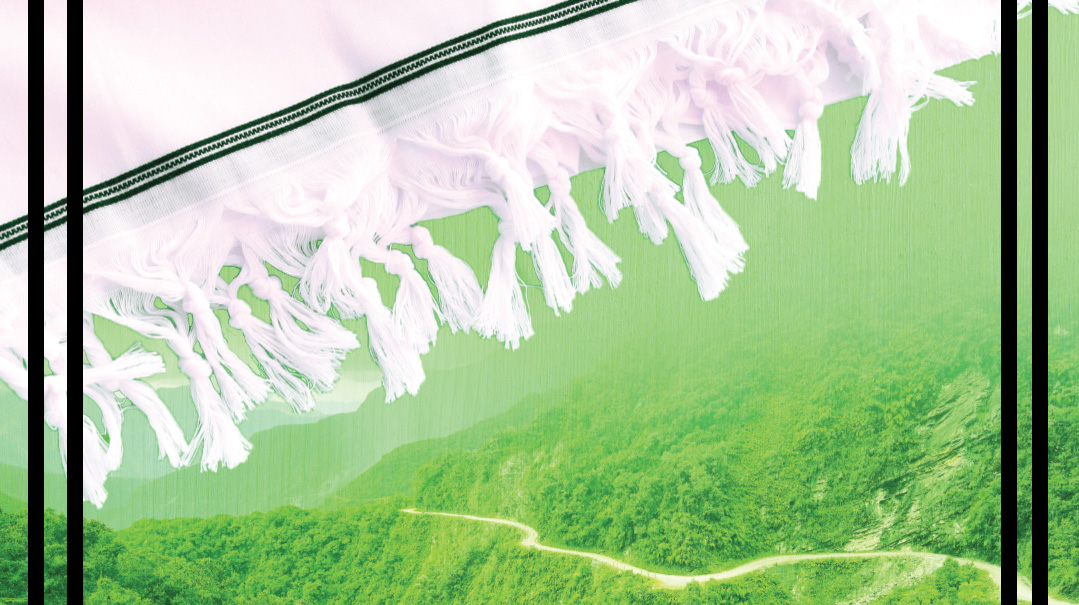A Nursing Home in Yerushalayim: Yom Kippur 5761

It wouldn’t be easy to both fast and care for my father the entire day. So, the zechus of the mitzvah fell on me
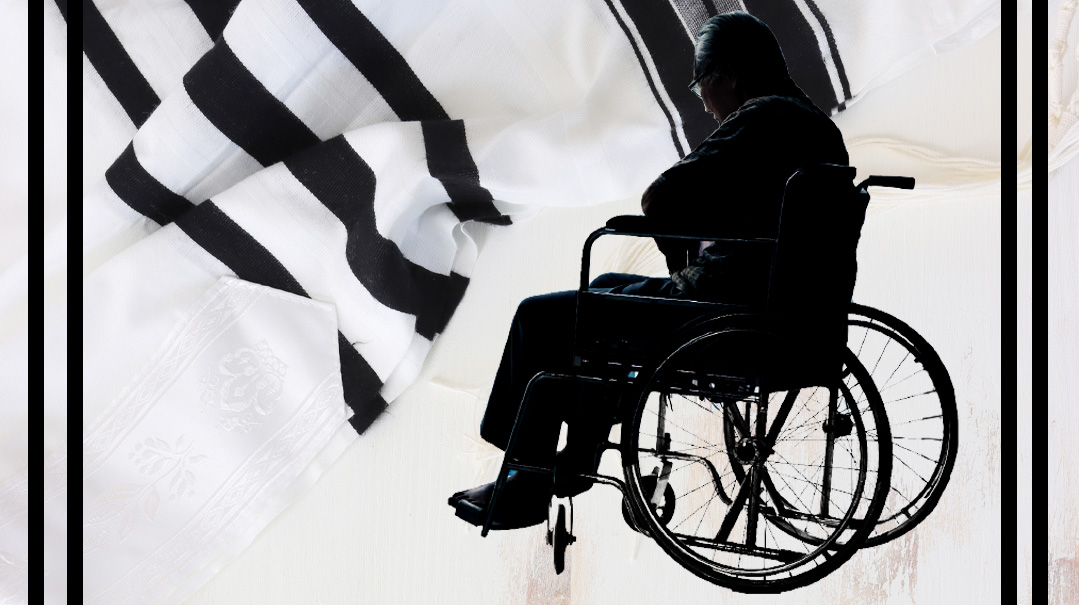
As told to Sarah Pardes by Leah Nissan
I
knew well the hallways leading to my father’s room at the nursing home. For the past few months, his room had become like a second home to me.
My father z”l entered the nursing home in Sivan. As a result of his illness, he suffered several strokes, which ultimately left him completely paralyzed. His cognitive functioning was unimpaired, baruch Hashem, but he couldn’t talk, walk, do almost anything with his hands, or even swallow, due to paralysis of the throat muscles.
Throughout the summer, we visited him daily in rotating shifts. The shifts were divided between myself, my mother, and my siblings, but as the oldest daughter, I bore the lion’s share of the responsibility. Most of my children were married, and my two youngest sons were in yeshivah, so technically it was easiest for me to come on weekdays, and on Shabbos, too.
Soon the Yamim Noraim arrived. My mother chose to spend Rosh Hashanah with my father, sleeping in a guest room reserved for the family of patients. But it was taxing. She was no longer young, and she was worried about Yom Kippur: It wouldn’t be easy to both fast and care for my father the entire day. So, the zechus of the mitzvah fell on me.
On that memorable Erev Yom Kippur, I started preparing. I packed my machzor, several dishes for the Seudah Hamafsekes, and a few cookies and drinks for breaking the fast. Then I walked through the streets of Yerushalayim toward the gates of the old-age home.
My father was delighted to see me, but I could tell how hard it was for him to be far from all that was familiar, particularly the shul he had davened in for decades, on the holiest day of the year.
Evening fell, and I pushed the wheelchair toward the small shul at the end of the corridor. I stationed my father in the men’s section, then positioned myself in the final row of the ezras nashim, ready to assist my father whenever he might need me.
I knew that the davening at the old-age home — where not all the residents were shomer mitzvos, and where most staffers were far from Judaism — couldn’t compare to the passionate davening at our Rebbe’s, or even in the neighborhood shul. Still, the differences were shocking. The chazzan, a young bochur from a neighboring yeshivah, led a congregation comprised of about two minyanim of elderly gentlemen, some of whom dozed through much of the service. Aside from them, there were only three family members and two staff members.
I opened the machzor and tried to concentrate on the words of the davening, to beg the Creator of the universe for a good year, a kesivah v’chasimah tovah, and health and a long life for my dear father. But every piyut and section brought back the Yom Kippurs of years past, the trembling, the excitement, the stirring singing, and the intense focus — all of which were missing from this minyan. My tears flowed like water, but my concentration was shot.
The davening wrapped up quickly, as the patients could barely hold up. I wheeled my father to his room, helped him get into bed, and when he fell asleep, I reopened my machzor. I felt like I hadn’t utilized the davening to the fullest, and I wanted to dive back in.
I sang the familiar niggunim in my head, choked on tears at particularly moving parts, and this time I did feel the magic, the taste of davening out of closeness to Hashem. But the clock was ticking, and if I wanted to be of any help tomorrow, I needed sleep. I had just managed to doze off when I was awakened by an earsplitting shriek.
I jumped out of bed in alarm, trying to figure out was what going on. It soon became clear that nothing was. A few of the male nurses had finished their night shift and were staying overnight. They clearly preferred talking, singing, and screaming at the top of their voices to going to sleep and letting others do the same. They were in a relatively isolated part of the building, but unluckily near my father’s room, and even closer to the room allocated to me.
The noise continued for two hours. I tried to close my eyes and shut it out, but it was no use. I almost mustered the courage to go the nurse’s desk and request silence, but changed my mind at the last minute. I was afraid the nurses would take revenge on my father, who was actually sleeping through the ruckus undisturbed.
By the time the nurses went to bed, I was no longer sleepy. I tossed and turned in the strange bed for an hour, despite being exhausted. Only when dawn broke did blessed sleep finally overtake me.
After two hours, I forced myself out of bed. I went to my father, who was already awake and ready to go to shul. I made sure he ate and drank in shiurim, and took his medications. When we arrived at the shul for Shacharis, the congregation was even smaller, but I was too exhausted, physically and spiritually, to even care.
The chazzan was a different bochur, but he didn’t drag out the tefillos either. At 11, I wheeled my father back to his room. Then I threw myself into bed.
The next few hours flew by. I woke up, brought my father food and drink, and returned to the shul once more, for Minchah and Ne’ilah. This time, attendance was up somewhat, swelled by a few relatives of patients who had arrived on foot and joined our minyan.
I tried to use the rest of the day for focused prayer, but I didn’t achieve the familiar exaltation; I couldn’t even focus on the words. The combination of my exhaustion and weakness prevented me from reaching the heights I’d had on previous Yom Kippurs.
Ne’ilah finished. We heard Havdalah. My father received his supper and was taken to bed. I said goodbye, and he did his best to form the words, “Thank you” with his lips. I understood that despite the difficulty, and despite missing the spiritual elevation of the day, I had done the right thing. I had chosen the more important mitzvah.
Ten months later, my father passed away.
The following Yom Kippur, I was back in my usual minyan. I felt a surge of mixed emotions — gratitude and relief that I was in a place with magnificent davening, but also searing pain because of my father’s absence. My only comfort was knowing that I’d been able to spend my father’s last Yom Kippur at his side, bringing him to the davening, and most importantly, bringing him some joy.
(Originally featured in Mishpacha, Issue 812)
Oops! We could not locate your form.

